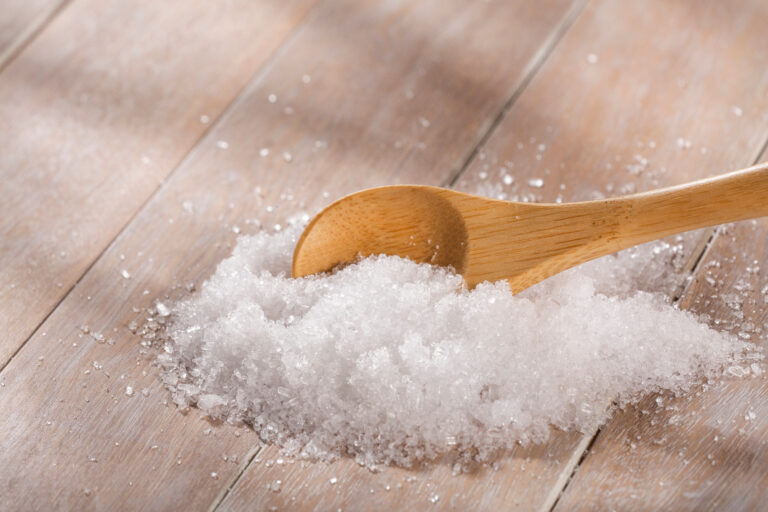Protein powder is a popular supplement used by many people to help meet their daily protein needs, especially those who have trouble eating enough protein-rich foods. But for people with Alzheimer’s disease, the question of whether protein powder is safe is more complicated. This article will look at the latest research, the risks of heavy metals in protein powders, and what experts say about using these products if you or a loved one has Alzheimer’s.
## What Is Protein Powder?
Protein powder is a dietary supplement made from different protein sources, such as milk (whey or casein), eggs, soy, peas, rice, or hemp. It is often mixed into shakes or smoothies and used by athletes, older adults, and people with certain health conditions who need extra protein. Protein is important for muscle health, healing, and overall body function.
## Why Protein Matters for People With Alzheimer’s
People with Alzheimer’s disease often have trouble eating enough food. This can be due to memory problems, difficulty swallowing, or changes in taste and smell. Not getting enough protein can lead to muscle loss, weakness, and slower recovery from illness. For this reason, doctors sometimes recommend protein supplements to help maintain strength and health in people with Alzheimer’s.
## The Problem: Heavy Metals in Protein Powders
Recent studies have found that many protein powders and ready-to-drink shakes contain high levels of heavy metals like lead, cadmium, and arsenic[1][2][3]. Consumer Reports, a well-known independent testing organization, tested 23 popular protein products and found that more than two-thirds had more lead per serving than what experts consider safe for daily consumption[1][3][4]. Some products had lead levels that were 1,200 to 1,600 percent higher than the safe limit set by California’s Office of Environmental Health Hazard Assessment[1]. Plant-based protein powders were especially high in lead, with levels about nine times higher than dairy-based powders[1][3][4].
Heavy metals like lead can build up in the body over time. Even small amounts can be harmful, especially for vulnerable groups like older adults and people with chronic illnesses[3][4]. Lead exposure is linked to neurological problems, including memory loss and cognitive decline—issues that are already major concerns for people with Alzheimer’s disease[3][4].
## How Do Heavy Metals Get Into Protein Powder?
Heavy metals are found naturally in soil and water. Plants absorb these metals as they grow, which is why plant-based protein powders tend to have higher levels[1][3][4]. The manufacturing process can also introduce contaminants. Because the supplement industry is not as tightly regulated as the food and drug industries, there is less oversight to ensure these products are safe[4].
## What Do Medical Experts Say?
Medical experts are concerned about the findings. Dr. Pieter Cohen, an associate professor at Harvard Medical School, said, “This is a reminder that we have a bigger problem in the supplement industry, that lead and other heavy metals can end up getting into these products that we’re taking for health reasons”[3]. Dr. Stephen Luby, a professor of medicine at Stanford University, called the results “very troubling” and suggested that people ask themselves whether the risks of protein powder outweigh the benefits, especially if they are getting enough protein from food[3].
Experts recommend that people who are more vulnerable to the effects of heavy metals—such as older adults, children, and pregnant women—should be especially careful with protein supplements[3][5]. For people with Alzheimer’s, who may already have neurological damage, adding more heavy metals to their diet could potentially make things worse[3][4].
## Are There Safe Options?
If protein supplementation is necessary, experts suggest choosing products that have been tested by third-party organizations like USP (United States Pharmacopeia) or NSF International, which check for contaminants and ensure quality[3]. Whey protein powders, which are dairy-based, generally have lower levels of heavy metals than plant-based options[1][5]. However, no protein powder is completely free of risk, and even small amounts of heavy metals can add up over time, especially if used daily[1][3][4].
## What About Whole Foods?
The safest way to get protein is through whole foods like meat, fish, eggs, dairy, beans, and nuts. These foods not only provide protein but also other important nutrients that are often missing in supplements. For people with Alzheimer’s who have trouble eating, working with a dietitian to find easy-to-eat, protein-rich foods can be a better option than relying on powders[3][5].
## What Should Caregivers Do?
If you are caring for someone with Alzheimer’s and are considering protein powder, talk to their doctor first. Discuss whether they really need a supplement and, if so, which type might be safest. Always read labels carefully and look for third-party certifications. Limit the amount of protein powder used, and do not use it as a meal replacement unless advised by a healthcare professional[3][5].
## The Bottom Line
Protein powder can be a convenient way to add protein to the diet, but recent testing shows that many products contain concerning levels of heavy metals like lead, which could be especially risky for people with Alzheimer’s disease[1][2][3]. While occasional use is unlikely to cause immediate harm, regular use could increase the risk of further neurological damage over time[3][4]. The best approach is to get protein from whole foods whenever possible and to use supplements only when necessary, under the guidance of a healthcare provider[3][5].
## Sources
[1] Business Standard
[2] ScienceAlert
[3] Medical Xpress
[4] KIRO 7
[5] Healthline





